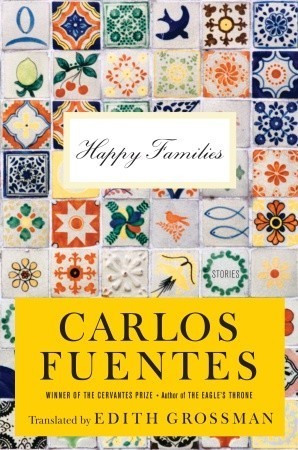What do you think?
Rate this book


352 pages, Hardcover
First published January 1, 2006


“But the past is a mist that moves invisibly over our heads without our realizing it. Until the day it rains.”While at the beginning they delve into the nostalgia of their lost love, they realize that it all might have been a mirage just because it didn’t get ripe. We are all in love with the concepts of “what if?” and “it might have been”, but if sometimes they come true, we might end up realizing that all that charm that we imagine when we strongly desire something we cannot get is only determined by a human ability (or shall I say inability?) to make things we cannot get so desirable, so special and unique! We can lie to ourselves so damn well without even knowing it.
“Is the wait for love to come more tortured than sadness for love that was lost? If it’s any confort to you, let me say that it’s nice to love someone we couldn’t have only because with that person we were a promise and will keep being one forever.”and
“We didn’t really know each other. It’s all fiction. We decided to create a nostalgic past for ourselves. Nothing but lies. Attribute it to chance. Don’t worry. There was no past. There’s only the present and its moments.”And Fuentes chooses to end this story in a very metaphorical way. I thought the comparison was brilliant (the way he presents what it was and what we actually see or choose/want to see), but I guess you will have to read this genuinely brilliant story to get the whole context and see what I am talking about:
“He looked at the Dalmatian Coast. They were approaching the port of Spalato, in reality a huge palace transformed into a city. Emperor Diocletian lived here in courtyards that today are restaurants, chambers that today are apartments, galleries that today are streets, baths that today are sewage pipes…From the deck of the ship Manuel did not see these details. He saw the mirage of the ancient imperial city, the fiction of its lost grandeur restored only by the imagination, by the hunger to know what once was better than what is and what could have been more than anything else.”